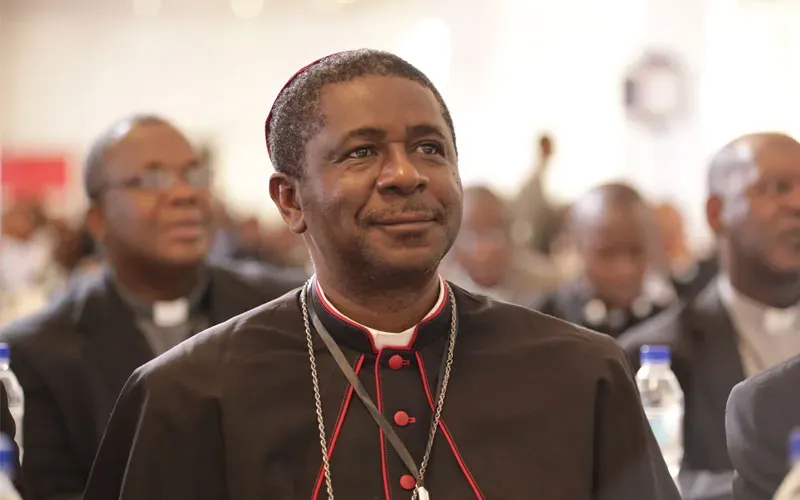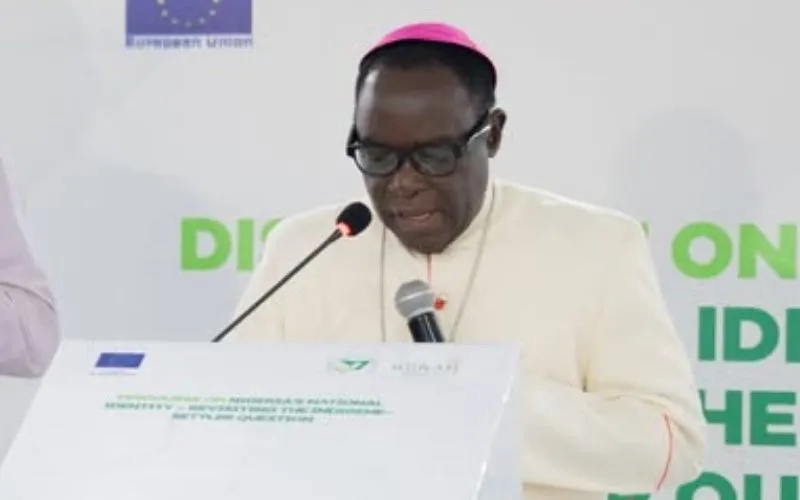Bamenda, 25 September, 2023 / 9:25 pm (ACI Africa).
Delegates to the 16th Ordinary General Assembly of the Synod of Bishops are not to give “room for distractions” during the meeting scheduled to begin on October 4, a Catholic Bishop in Cameroon has told ACI Africa.
In a September 23 interview, Archbishop Andrew Nkea Fuanya of Bamenda Archdiocese in Cameroon said deliberations during the Synod that Pope Francis extended to 2024 will focus on the Instrumentum Laboris.
“We are not going to allow ourselves to be distracted by the social media antics; there will be no room for distraction,” Archbishop Nkea said, adding, “The aim of the synod is to reflect on the Church we have and how we want it to be and not to change the doctrine of the Church.”
The Cameroonian Catholic Archbishop who was appointed member of the Ordinary Council of the synod by Pope Francis highlighted some of the issues to be discussed, saying, “We are going to reflect on the problem of LGBT+ in families and polygamy in marriage but it’s not about changing the teachings of the Church. There is already an Instrumentum Laboris we are working on.”
The Archbishop of Bamenda who doubles as the President of the National Episcopal Conference of Cameroon (NECC) further said, “We have dedicated three years of effort to prepare for this event through questionnaires and a mini-African synod that was held in Ethiopia.”








